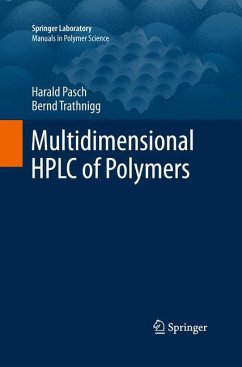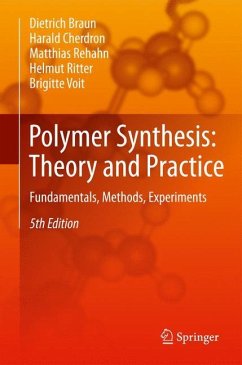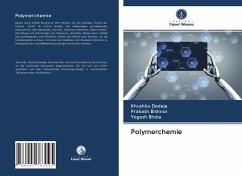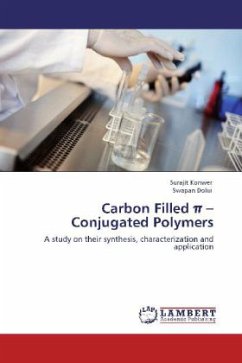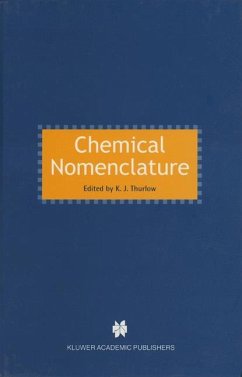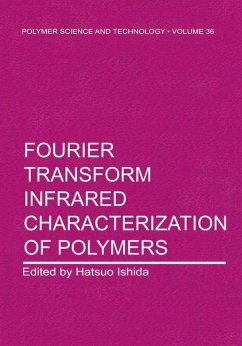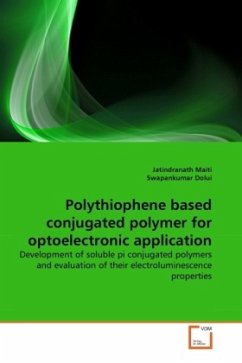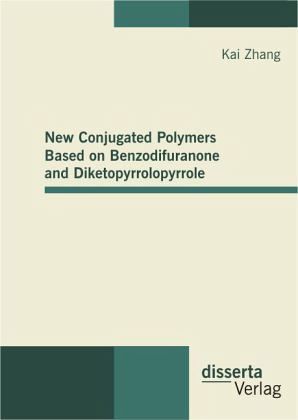
New Conjugated Polymers Based on Benzodifuranone and Diketopyrrolopyrrole
Versandkostenfrei!
Versandfertig in 1-2 Wochen
69,50 €
inkl. MwSt.

PAYBACK Punkte
0 °P sammeln!
In this work synthesis and properties of novel Pi-conjugated polymers containing diketopyrrolopyrrole (DPP) and benzodifuranone (BZDF) chromophores in the main chain, which are suitable as active materials in optoelectronic applications, are developed and investigated. The polymers were synthesized via metal-mediated or -catalyzed Suzuki, Stille, Sonogashira and Yamamoto cross-coupling polycondensation reactions or by using oxidative and anodic electropolymerization. The resulting polymers were characterized using gel permeation chromatography, NMR-, UV/vis-, and fluorescence spectroscopy, mas...
In this work synthesis and properties of novel Pi-conjugated polymers containing diketopyrrolopyrrole (DPP) and benzodifuranone (BZDF) chromophores in the main chain, which are suitable as active materials in optoelectronic applications, are developed and investigated. The polymers were synthesized via metal-mediated or -catalyzed Suzuki, Stille, Sonogashira and Yamamoto cross-coupling polycondensation reactions or by using oxidative and anodic electropolymerization. The resulting polymers were characterized using gel permeation chromatography, NMR-, UV/vis-, and fluorescence spectroscopy, mass spectroscopy, and cyclic voltrammetry. The polymers exhibit low HOMO-LUMO band gaps and reversible oxidation and reduction processes, which suggests a strong donor-acceptor character. Electrochromic properties were found upon oxidation and reduction. Additionally, a series of cross-linked conjugated microporous polymers was synthesized. They exhibit high surface area and micropores in nanometer range. Furthermore, the influence via variation of electron donor and acceptor on the HOMO-LUMO band gaps of the conjugated polymers was studied.





